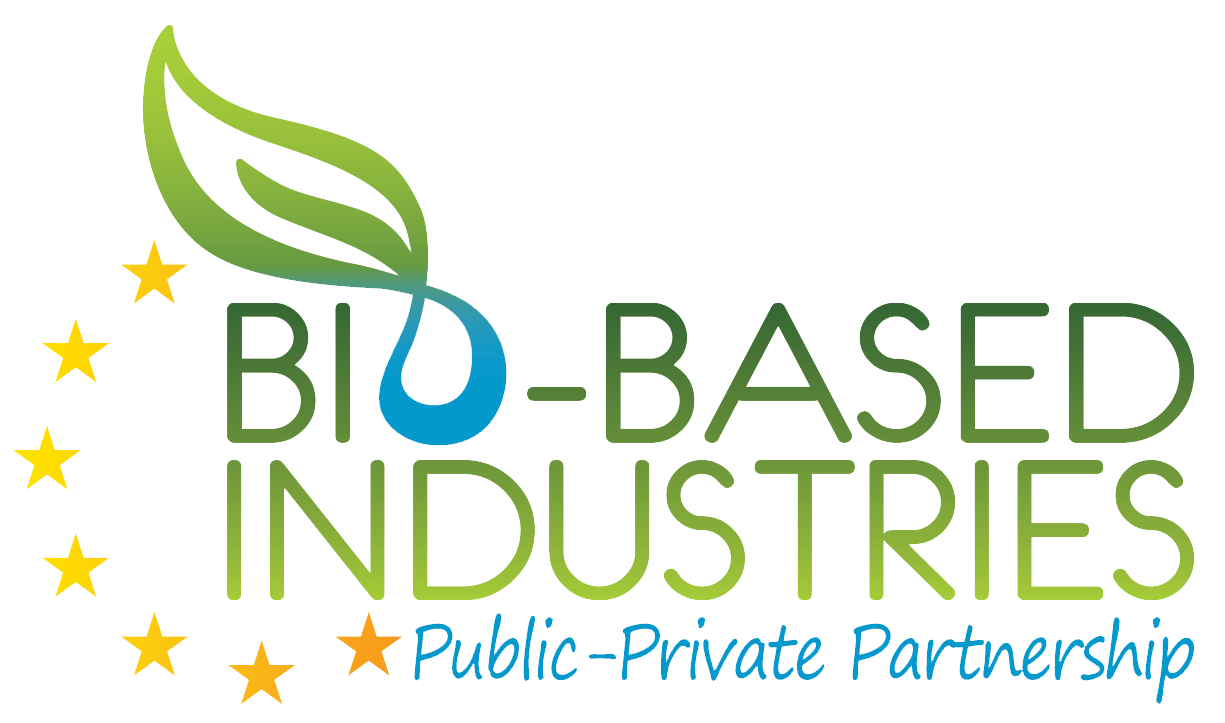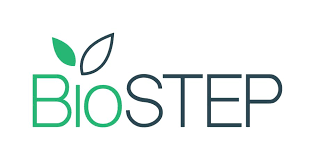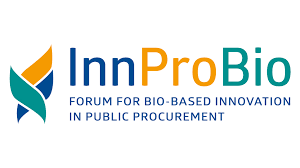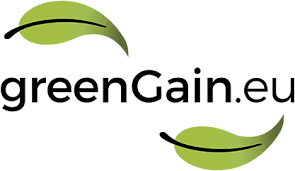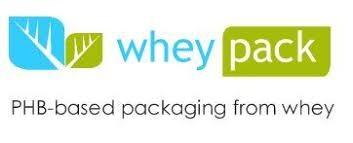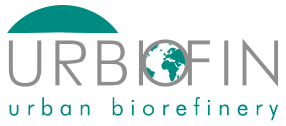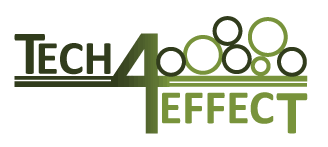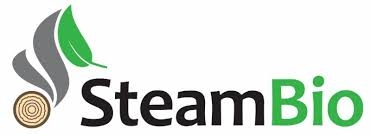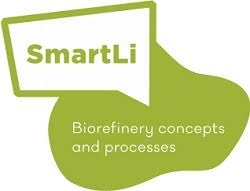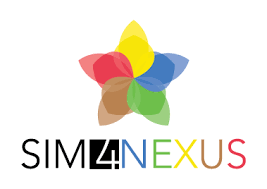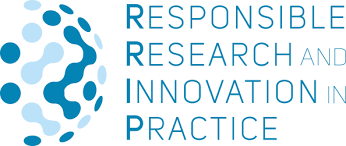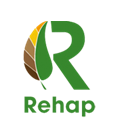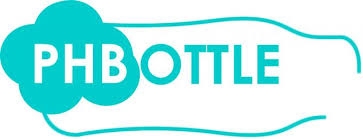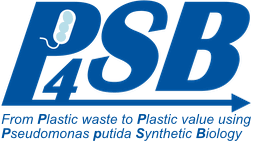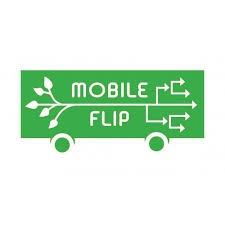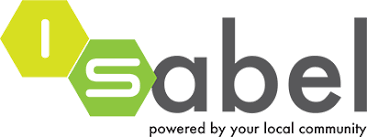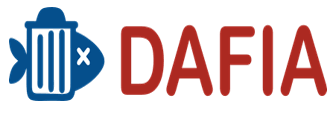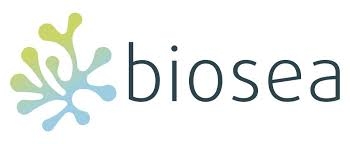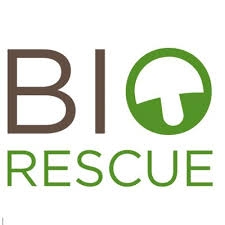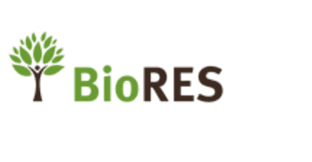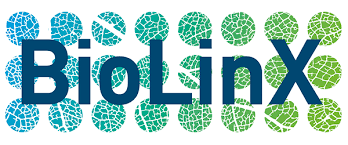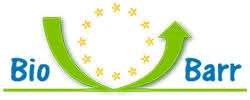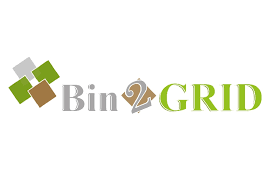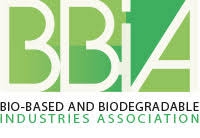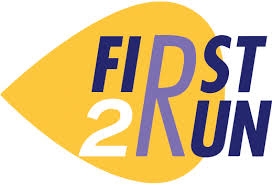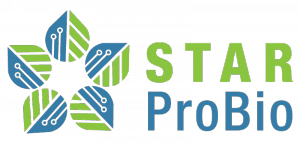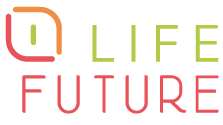
RES URBIS aims at making it possible to convert several types of urban bio-waste into valuable bio-based products, in an integrated single biowaste biorefinery and by using one main technology chain. This goal will be pursued through:
- Collection and analysis of data on urban bio-waste production and present management systems in four territorial clusters that have been selected in different countries and have different characteristics.
- Well-targeted experimental activity to solve a number of open technical issues (both process- and product-related), by using the appropriate combination of innovative and catalogue-proven technologies.
- Market analysis whitin several economic scenarios and business models for full exploitation of bio-based products (including a path forward to fill regulatory gaps).
Urban bio-waste include the organic fraction of municipal solid waste (from households, restaurants, caterers and retail premises), excess sludge from urban wastewater treatment, garden and parks waste, selected waste from food-processing (if better recycling options in the food chain are not available), other selected waste streams, i.e. baby nappies.
Bio-based products include polyhydroxyalkanoate (PHA) and related PHA-based bioplastics as well as ancillary productions: biosolvents (to be used in PHA extraction) and fibers (to be used for PHA biocomposites).
Territorial and economic analyses will be done either considering the ex-novo implementation of the biowaste biorefinery or its integration into existing wastewater treatment or anaerobic digestion plants, with reference to clusters and for different production size. The economic analysis will be based on a portfolio of PHA-based bioplastics, which will be produced at pilot scale and tested for applications:
- Biodegradable commodity film.
- Packaging interlayer film.
- Speciality durables (such as electronics).
- Premium slow C-release material for ground water remediation.
The project is one of the relevant initiatives supporting the development and uptake of bio-based products at European and regional level identified by BIOWAYS. They have collaborated with BIOWAYS by providing valuable insights into their work and meaningful evidence and information regarding a series of areas such as their expected outputs and market uptake, the legislation and policy framework that affects them, the user’s perspective on their outputs and the impact, visibility and exploitation potential of their project/outputs.
